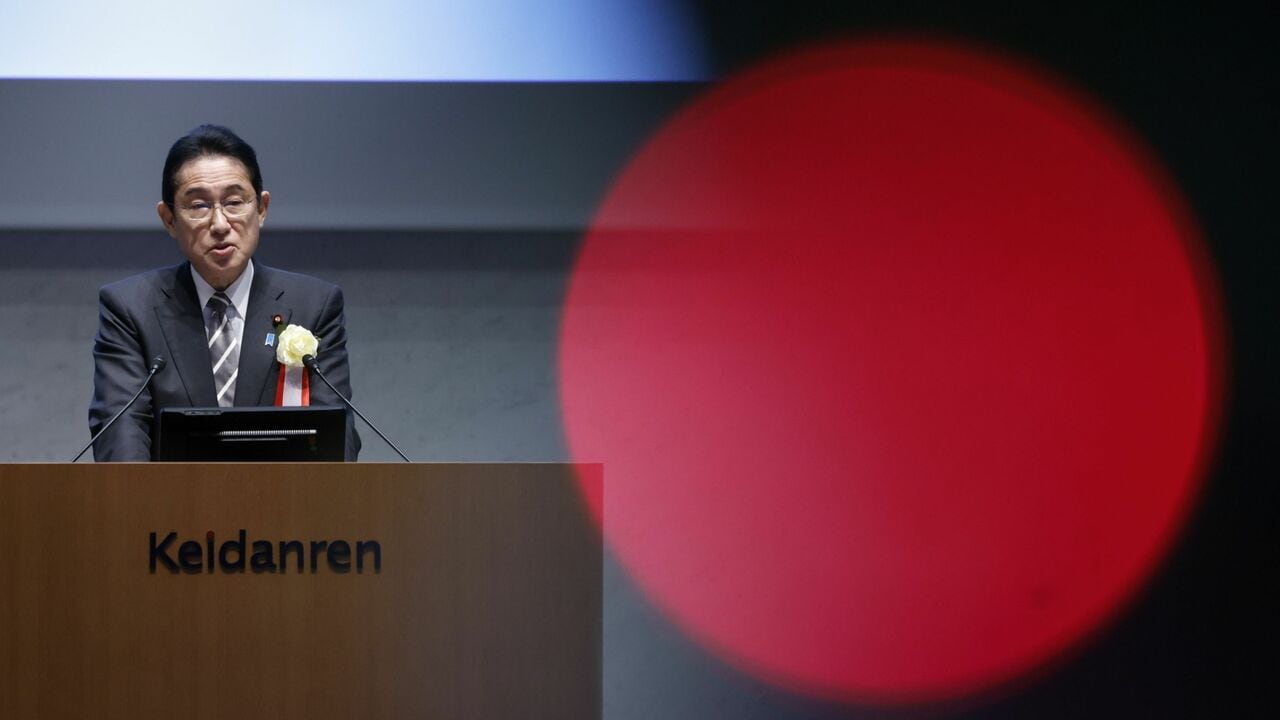
“Back in the 1990s, if you told your parents you wanted to start a company, they would banish you or you’d never get married. If you had the misfortune of starting a company and it failed, you’d have a black check mark at [the bank] and be ineligible to get a mortgage for ten years. Failure was stigmatized.”
This may sound like Japan, but it was actually France that was being described by Mark Bivens, who in 2016 co-founded a Venture Capital firm in Japan called Shizen Capital. Since companies, particularly new ones, are the conveyer belts that convert new ideas into economic value, France, like Japan, was falling behind in leading technologies.
Today, only a couple of decades later, France feels like a different country. Since 2000, it has created almost 38,000 new startups, now valued at $276 billion, up from just $11 billion in 2010. About 2,500 of the startups are involved in “deep tech,” i.e., technology solutions based on profound breakthroughs.
It now boasts having 36 “unicorns,” i.e., private companies valued at $1 billion or more. In 2010, there were none. By contrast, Japanese unicorns still number only six. Back in 2018, Prime Minister Shinzo Abe vowed that, by now, Japan would have 20.
France’s Venture Capital investment has quadrupled to 0.12% of GDP since 2009 and now ranks 10th highest among 28 OECD countries. Japanese VC has also grown, having tripled during the same period, but Japan still ranks just 18th.
Why has France succeeded so much more than Japan? The surprisingly simple answer is that France put into place programs that were well-designed and executed.
All too often, well-intended reforms in Japan that look good on paper end up not changing things very much. A perfect example is Prime Minister Fumio Kishida’s new tax incentive for investments in startup companies. It is the only substantial measure in his proclaimed drive to create 100,000 new innovative high-growth startups by 2027.
Kishida did not move on about a half-dozen other measures needed to jumpstart new innovators. Under the current proposal, retail investors who sell up to ¥2 billion ($14 million) worth of stock in either a listed or unlisted company will not have to pay the 20% capital gains tax as long as they reinvest their profits in a qualified startup under five years old.
Unfortunately, the tax incentive’s poor design means it’s not likely to fulfill its mission of providing abundant startup funds. The dearth of external finance is the single biggest obstacle to increasing entrepreneurship in Japan.
The problem is that Japan’s plan requires retail investors to bet their money on individual companies rather than professionally-managed angel funds that have a diversified portfolio of startups (Angels invest in smaller and younger firms than Venture Capital funds).
Few ordinary investors will take that risk; nor should they. Here’s why. While the average American angel fund got back a terrific 2.6 times its initial investment in just 3.5 years, it lost money on half of the startups in which it invested. The other half earned enough to produce outsized overall returns.
If experts lose money in half the cases, then requiring Japanese laymen to pick and choose a firm is ill-advised. The real tragedy is that Tokyo missed a simple fix: it could have copied the very successful French plan which offered a hefty tax incentive to invest in angel funds. Like investing in a mutual fund in the stock market, this reduces the risk.
Worse yet, it’s not easy for ordinary investors to place their money in an angel fund due to legal restrictions. Currently, Japanese law allows no more than 49 investors, called Limited Partners (LPs), to invest in any single fund.
Moreover, in an effort to protect ordinary people, these LPs are limited to institutional investors or very wealthy individuals, those who’ve already invested at least ¥100 million ($750,000) in stocks or bonds. This limitation is a major constraint on generating more angel funds.
As France and the UK have shown, governments can enable the middle class to invest in angel funds while still protecting them from excess risk. So far, however, Japanese officials have refused to remedy the law.
Fortunately, there is still time for Tokyo to correct these design flaws before legislation is written. Unfortunately, that’s not likely. Perhaps, if policymakers find the program attracting few investors, they will fix it. My fear is that they will draw the mistaken conclusion that Japanese culture makes people too risk-averse to invest. France didn’t need to change its culture; it just instituted a better design.
The French Revolution in Startups
Mark Bivens, who had worked as a venture capitalist in France before moving to Japan, said he “applauds the Kishida administration’s initiatives for startups,” but added that Tokyo would do well to draw inspiration from France, as well as from a similar scheme in Britain.
In the late 1990s, out of fear that, despite its world-class giants, France was falling behind in global competitiveness, the government created a Mutual Fund For Innovation (FCPI). Under the FCPI scheme, ordinary people could receive huge tax benefits from investments in start-ups via venture capital and angel firms.
Far from being forced to take a high-risk gamble on a single company, as in Japan, they could place their money in a diverse portfolio of startups chosen by professionals who were licensed and scrutinized by the government.
The startups themselves had to meet the criteria for being knowledge-intensive innovators with growth potential, having devoted at least one-third of their revenue over three years to research, having less than 500 employees, and being headquartered in the EU.
During 2000-2017, citizens who invested in firms no older than seven years could reduce their income tax bill every year by 25% of the amount they invested up to a maximum deduction of €12,000 ($13,000)—€24,000 for a married couple—as long as they held the investment for five years. They could reduce their misnomered “wealth tax”—which caught many middle-class people—by half of the amount they invested up to a maximum of €50,000 ($54,000).
On top of that, profits were exempt from the capital gains tax. As a result, in a typical year, more than 100,000 people invested a total of €1 billion ($1.08 billion) into these programs, an average of €10,000 ($11,000) per household.
In 2017, the French government declared that the program had achieved its goal of “transforming the mental software of the French populace to appreciate the importance of startups,” and reduced the size of the incentives.
Although the initial years were difficult and program details had to be refined, the program hit its stride and now provides excellent returns. For example, the median fund launched in 2008 returned to investors cash adding up to five times their initial investment. The median fund began in 2014 and provided a stunning 12-fold return on the investment.
The availability of financing created a virtuous cycle: the availability of funding lured talented people and new startups now grow around 20% a year. The influx of talented founders has, in turn, encouraged more professionals to invest. By 2015 (the latest number available), the number of professional business angels reached 8,000.
Bivens, who was skeptical when the FCPI program began, was one of those professionals before he moved to Japan. In 2021, total external funding raised by startups reached a record €12.4 billion ($13.4 billion). Bivens’ verdict: “France’s high-tech ecosystem has now grown into a tremendous success, and I assert that government support via tax policy was the key catalyst.”
If France can succeed in overcoming its anti-entrepreneurial habits and mindset, why not Japan?



